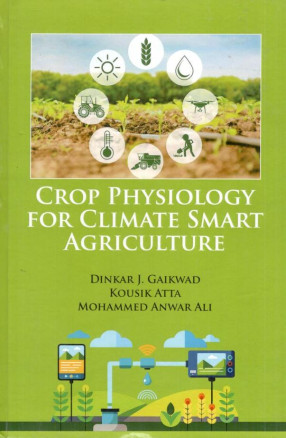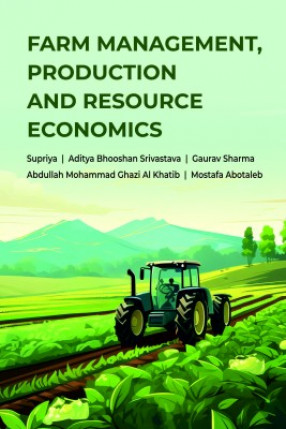Crop Physiology for Climate Smart Agriculture
This book discusses the essential principles of crop physiology, providing a robust foundation for understanding the intricate mechanisms that govern plant growth and development. It explores the various environmental factors that influence crop productivity, emphasizing the importance of managing biotic and abiotic stresses. Readers are introduced to advanced environmental control systems designed to optimize agricultural conditions, thereby enhancing photosynthesis and overall crop productivity. A significant portion of the book is dedicated to resource management, focusing on water use efficiency and irrigation techniques that maximize yield while conserving water. Nutrient uptake and soil management practices are discussed in detail, highlighting their critical role in maintaining soil health and promoting sustainable agriculture. The book also addresses temperature regulation, light management, and carbon dioxide enrichment, presenting strategies to mitigate heat stress and optimize growth conditions for various crops. Furthermore, the book examines the physiological responses of plants to environmental stresses, such as salinity and drought, offering genetic and molecular approaches to improve stress tolerance. The impact of climatecontrolled conditions on key developmental stages, including root development, flowering, pollination, and fruit set, is thoroughly analyzed. By integrating crop modeling and simulation techniques, the book provides valuable insights into predicting and enhancing crop performance in controlled environments, ensuring a comprehensive understanding of climate-smart agricultural practices.
Get it now and save 10%
BECOME A MEMBER







Bibliographic information
Kousik Atta
Mohammed Anwar Ali